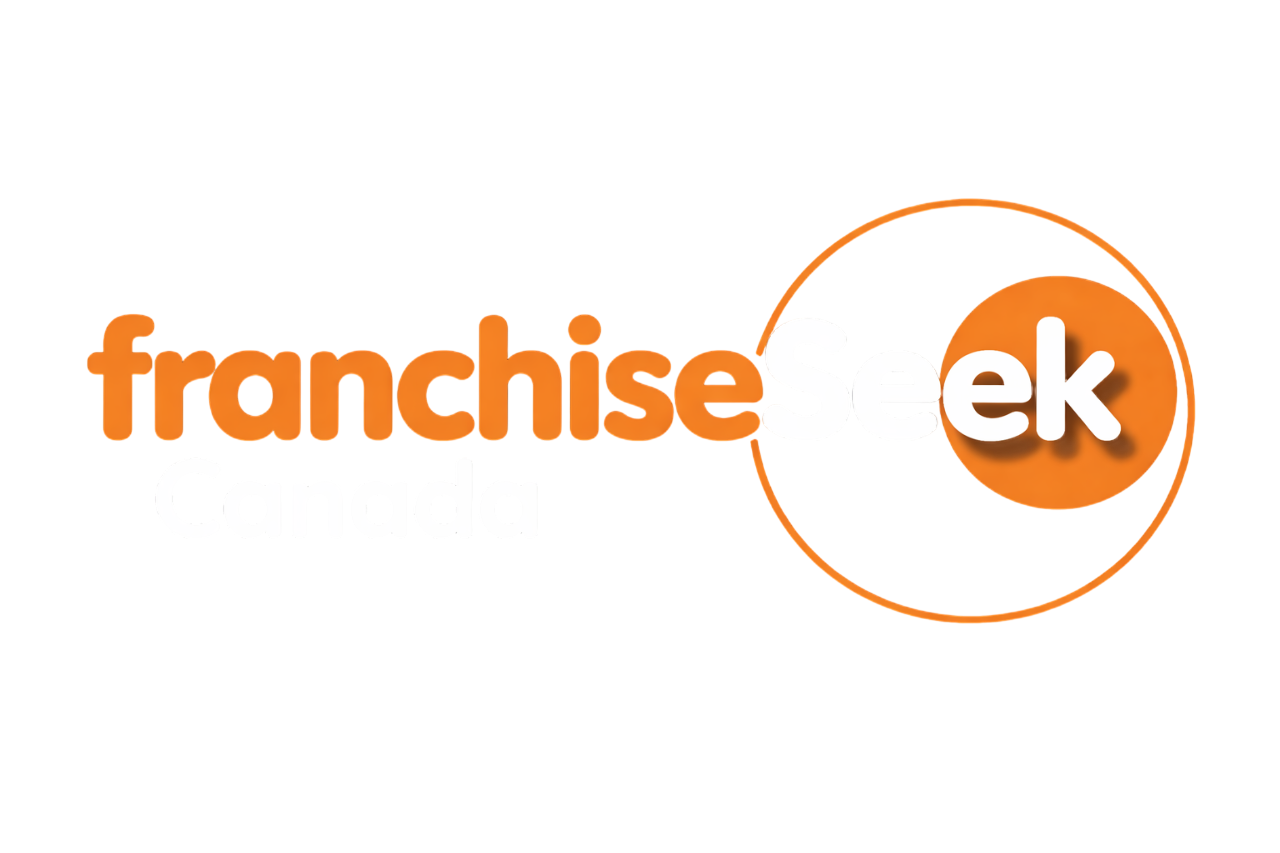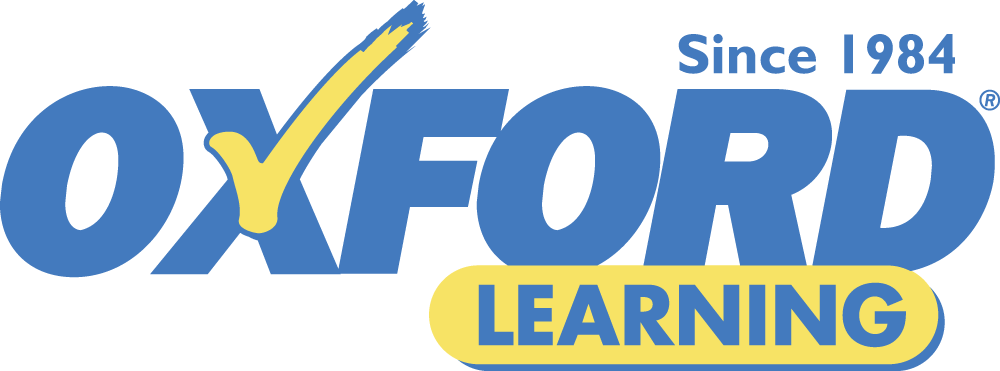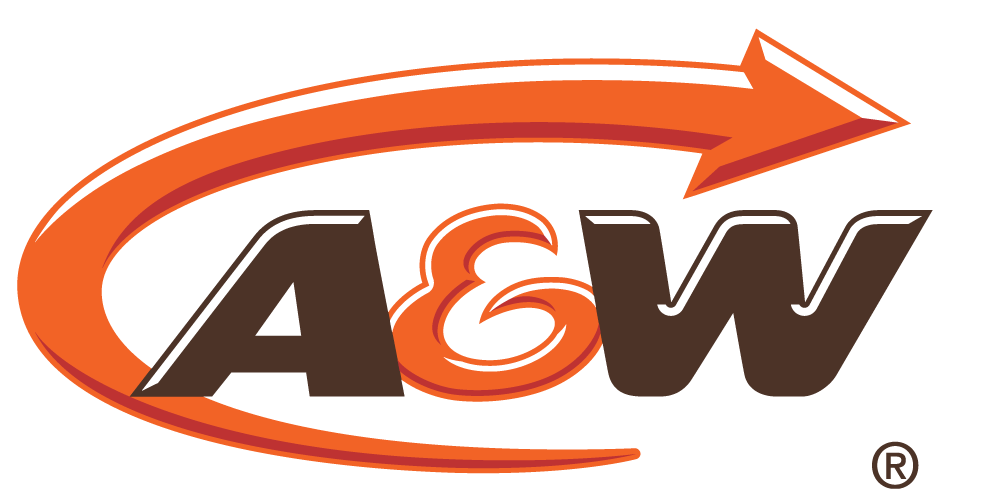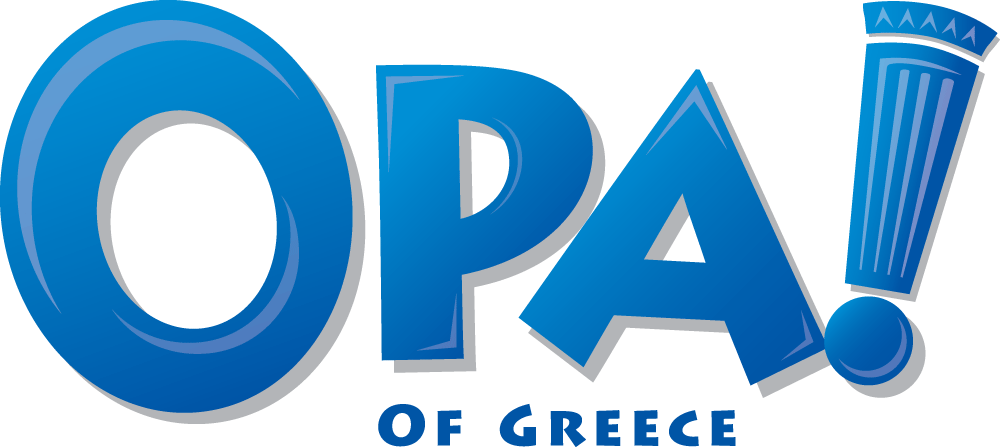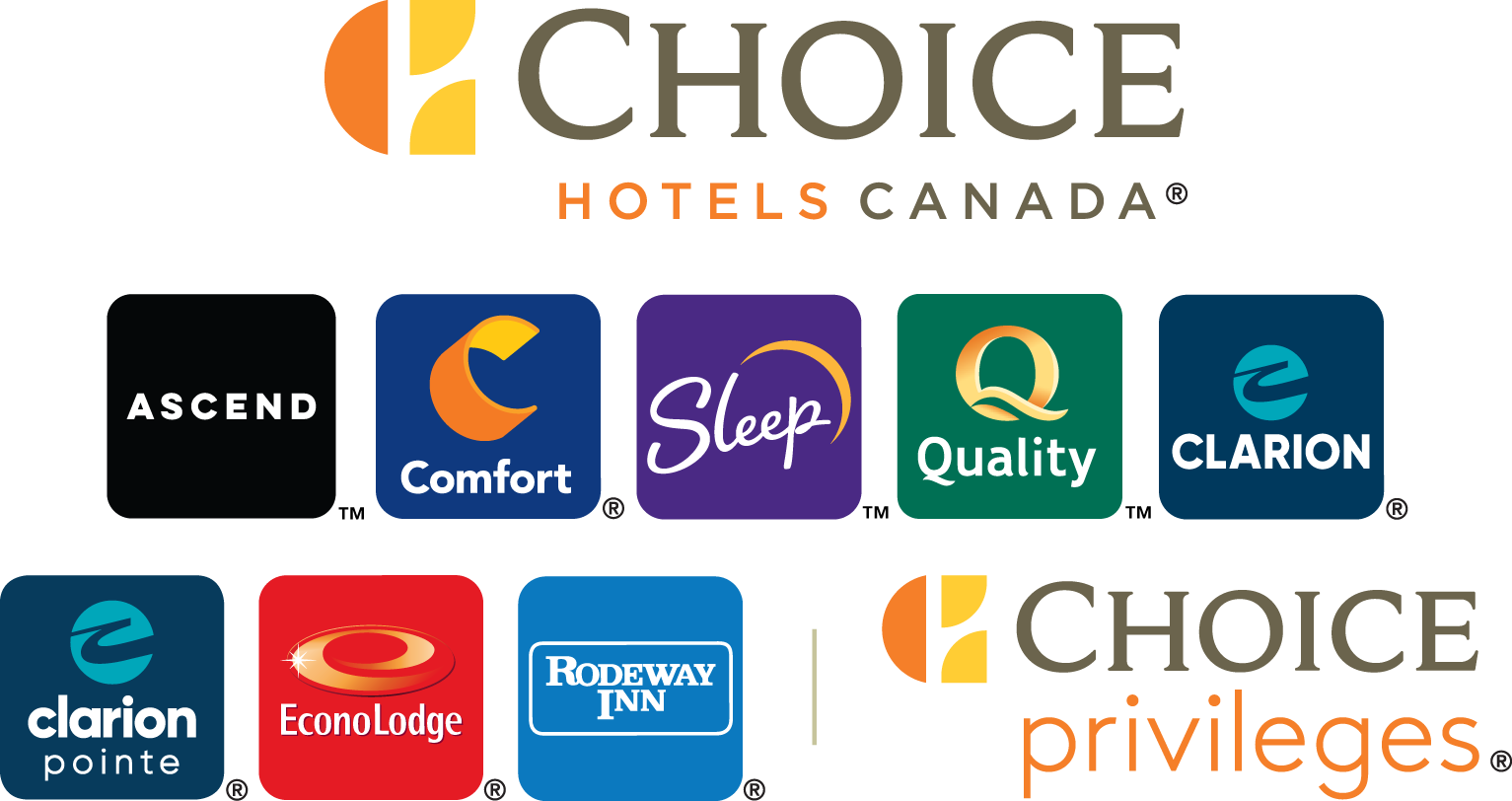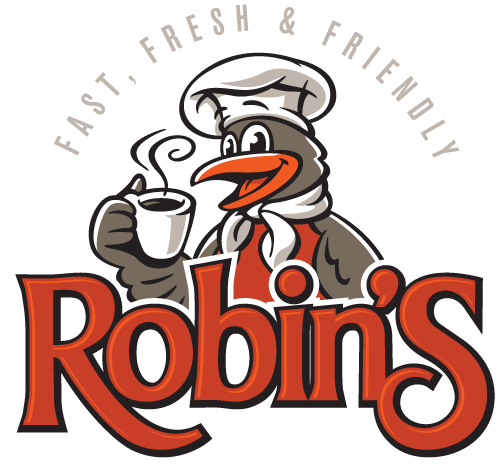Franchising continues to be a popular business model in Canada, offering aspiring entrepreneurs a structured path to business ownership. With access to established brand recognition, proven business systems, and ongoing support, franchises present an attractive alternative to starting a business from scratch. However, success in franchising requires more than just enthusiasm—it demands a clear understanding of the financial commitments involved. The costs associated with buying and operating a franchise in Canada can be substantial and varied. Knowing these costs in detail helps prospective franchisees make informed, strategic decisions.
Initial Franchise Fee
The journey into franchising begins with the initial franchise fee. This fee grants the franchisee the right to operate under the franchisor’s brand and access its business systems, training, and support. In Canada, the franchise fee typically ranges from $10,000 to $50,000 or more, depending on the brand, industry, and market position. This fee is often non-refundable and must be paid upfront. While it may seem like the primary investment, it is only the first of many costs involved in setting up a franchise.
Real Estate and Build-Out Costs
Securing a physical location is one of the most significant investments when opening a franchise in Canada. Whether purchasing property or signing a lease, location expenses can be high, especially in major urban centres like Toronto, Vancouver, or Montreal. Build-out costs follow, including renovations, construction, equipment installation, and branding elements such as signage and decor that align with the franchisor’s specifications. These costs are heavily influenced by the type of business; for example, a quick-service restaurant may require a commercial kitchen, while a retail franchise might need custom shelving and point-of-sale systems.
Inventory and Equipment
Once the space is ready, inventory and equipment must be purchased to get the business operational. Franchisors often have approved suppliers, and franchisees are required to source products and tools through these channels to maintain brand consistency. For product-based franchises, this includes the initial inventory needed to stock shelves. Service-based franchises may need vehicles, tools, or specialized machinery. The cost of inventory and equipment can vary widely depending on the business type but remains a key component of the total startup budget.
Ongoing Royalty and Advertising Fees
Running a franchise in Canada involves continuous financial obligations in the form of royalty and marketing fees. Royalty fees are paid to the franchisor, usually as a percentage of gross sales, and range from 4% to 10%. These fees contribute to ongoing support, research, and system improvements provided by the franchisor. Additionally, many franchises require a contribution to a national or regional advertising fund. This marketing fee supports brand-wide campaigns and often ranges from 1% to 4% of monthly revenue. These fees are typically outlined in the Franchise Disclosure Document (FDD), which is legally mandated in several Canadian provinces.
Legal, Regulatory, and Professional Fees
Before entering into any franchise agreement in Canada, it is essential to consult with a franchise lawyer to review the FDD and the contract. Legal fees for this review can range from a few hundred to several thousand dollars. Professional advisors such as accountants may also be needed to assist with budgeting, taxation, and financial planning. Depending on the province, there may also be business registration, licensing, or health and safety inspection fees, particularly in regulated industries such as food service or health care.
Working Capital and Operational Costs
New franchise owners in Canada must ensure they have sufficient working capital to sustain the business through its early months. Working capital covers wages, utilities, insurance, maintenance, and other day-to-day operating costs. Franchisors may recommend a specific amount of working capital based on typical startup timelines and local market conditions. Without adequate funds, even a well-branded and supported franchise may struggle to stay afloat during its formative period.
Conclusion
Investing in a franchise in Canada can be a promising route to business ownership, but it comes with a range of costs that extend far beyond the initial franchise fee. From real estate and build-out to royalty fees and working capital, each expense plays a critical role in the overall success of the venture. Understanding these costs allows prospective franchisees to prepare financially and avoid unexpected hurdles. With proper planning, realistic budgeting, and expert guidance, buying a franchise can lead to a rewarding and sustainable business journey in the Canadian market.
